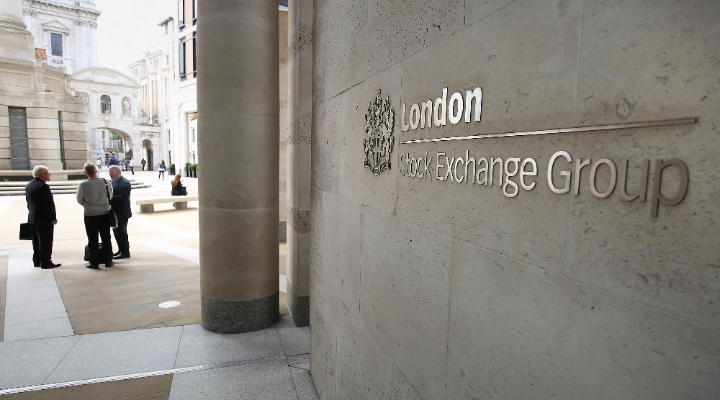
Recent market volatility has come “out of the blue” for private investor Chris Moore, but he is determined to stick to his investment plan rather than start making changes to his portfolio.
Chris, who is in his late 40s, has built up a portfolio of investment trusts which he hopes will enable him to retire early. As he won’t be accessing his money for at least 15 years, he his focusing on the long-term rather than worrying about short-term volatility. He adds: “We have enjoyed several years of very buoyant returns, so it was inevitable we would move into a bear market at some point.”
Chris, who lives in Hertfordshire, with his wife and three children, says it’s easy to assume you know roughly what direction the market is heading in, but the recent downturn shows you really can’t second guess the stock market.
“You’d think you would see a correction coming, particularly one as severe as we have just had,” he says. “After the event it certainly seems inevitable: this was probably true of the financial crash too. There may have been some people who called it right, but most of us won’t. We don’t see news reports of a virus in China and automatically assume economies around the globe will be locked down for months.”
Investment Trusts for the Long-Term
But with retirement in mind, Chris is sticking with his self-invested personal pension (Sipp). He invests a fixed amount each month and tops up the account at the end of the tax year if he has money to spare.
Chris picked up his investment knowledge working at banks and investment companies in the past and, as a result, tends to favour investment trusts for his portfolio. He particularly likes trusts with competitive changes. He splits his investments between broader, global trusts that back large businesses around the world and those which focus on particular themes or niche areas such as technology or sustainability. While these often come with greater risk, he thinks they have the potential to deliver greater returns over the long-term.
His holdings include five-star rated Polar Capital Technology (PCT), four-star rated International Biotechnology Trust (IBT), four-star rated Impax Environmental Markets (IEM), and the unrated Renewables Infrastructure Group (TRIG).
As the name suggests, the Polar Capital trust focuses on technology; it is managed by Nick Evans and Ben Rogoff and has delivered annualised returns of 20.27% over 10 years. Performance has also been strong in the shorter-term with annualised returns of 24.17% and 25.51% over three and five years respectively, according to Morningstar data. Almost three-quarters of the trust's portfolio is in US stocks including tech giants Microsoft, Apple, Amazon and Facebook.
The International Biotechnology Trust also has an enviable track record, having delivered annualised returns of 19.63% over 10 years. It is also up 22.67% over the past year, even despite the recent stock market turmoil.
Impax is a trust that was set up to enable investors to benefit from growth in the markets for cleaner or more efficient delivery of the basic services of energy, water and waste. It predominantly invests in quoted companies operating in these industries and has delivered annualised returns of 10.17% over the past decade. While the trust is in negative territory over the past 12 months – down 0.54% - this is less than both its benchmark and the wider market. Its top holdings include US timber company Rayonier, British engineering firm Spirax-Sarco, and Nevada-based renewable energy business Ormat Technologies.
Aside from these thematic holdings, Chris also invests in City of London Trust (CTY) and Scottish Mortgage (SMT) – both rated Gold by Morningstar – and the Silver-rated F&C Investment Trust (FCIT), one of the oldest trusts in the world. Morningstar analysts say investors in the F&C trusts are “in very safe hands” and Chris tends to agree. He says: “These trusts have been around for many decades. They have weathered other market storms and I am sure they will come through this one too.”




























